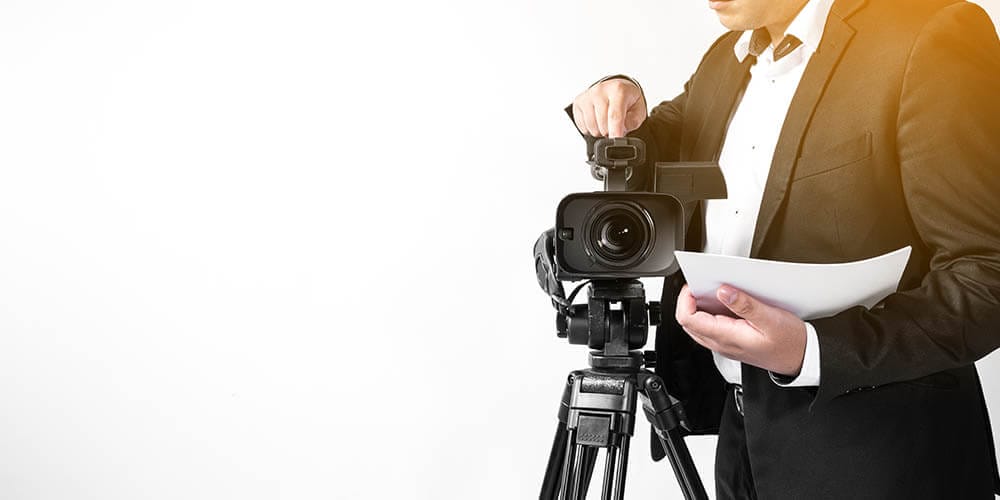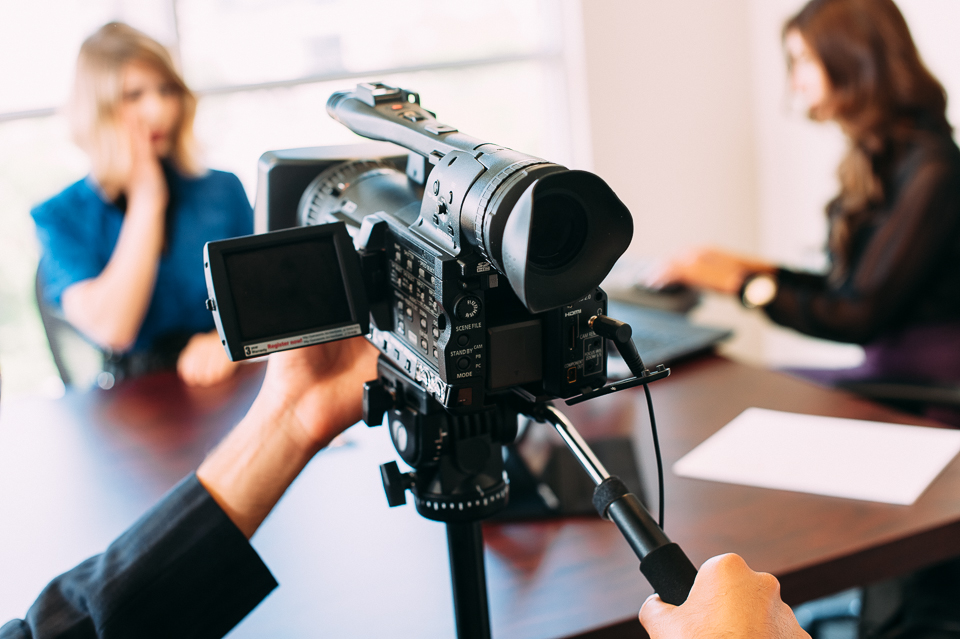High-Resolution Legal Videography for Essential Evidence Recording.
High-Resolution Legal Videography for Essential Evidence Recording.
Blog Article
The Duty of Lawful Videography in Depositions and Tests
Legal videography has arised as an essential tool in both depositions and tests, providing a multifaceted approach to documenting witness statements. As legal specialists progressively acknowledge its worth, it triggers a much deeper assessment of exactly how these aesthetic records can influence juror assumptions and test results.
Importance of Legal Videography
Legal videography plays a pivotal duty in the documents and discussion of depositions and trials. This specific field incorporates technical abilities with legal expertise to develop a reliable document of process that can dramatically influence case results. The visual aspect of legal videography improves the understanding of witness statement, permitting jurors and courts to observe not only the spoken words however likewise the temperament, feelings, and body movement of the witnesses.

The relevance of lawful videography extends beyond the court room; it additionally plays an important function in preserving evidence for future reference, whether for charms or further lawsuit. Therefore, its integration right into the lawful process is essential for guaranteeing a reasonable and accurate representation of the realities, ultimately adding to the search of justice.

Refine of Legal Videography
While capturing the subtleties of depositions and tests, the process of lawful videography involves a number of essential actions that make certain top quality, exact recordings. Originally, an expert legal videographer prepares by reviewing the instance products and recognizing the certain demands of the deposition or test. This preparation consists of acquainting themselves with the participants and the context, which helps in catching significant details.
On the day of the recording, the videographer sets up the essential equipment, which normally consists of high-definition electronic cameras, microphones, and appropriate illumination. Guaranteeing ideal angles and audio top quality is vital, as it directly impacts the efficiency of the recording. The videographer communicates with lawyers and participants to develop methods, making certain that everybody understands the recording process.
During the deposition or test, the videographer diligently tape-records the procedures, paying close interest to both verbal and non-verbal signs. legal videography. This consists of catching the behavior and reactions of witnesses and lawyers. After the session concludes, the videographer might edit the video for quality and conformity with lawful criteria, generating a final item that properly reflects the proceedings for future recommendation and usage in lawful contexts
Benefits in Depositions
The unification of videography in depositions supplies various benefits that boost the overall process of collecting proof. One key benefit is the capacity to record witness testaments with aesthetic and auditory fidelity, giving a more precise depiction of the witness's disposition, tone, and body language. This multidimensional approach permits lawyers and juries to evaluate credibility extra successfully than traditional written transcripts alone.
Furthermore, videographed depositions serve as a powerful device for protecting testament. Ought to a witness come to be not available for trial, their tape-recorded deposition can be played in court, guaranteeing that here their proof continues to be obtainable and appropriate. This facet considerably minimizes the risk of shedding important information that can influence case end results.
Moreover, the use of legal videography advertises far better prep work for lawyers. Reviewing video clip footage enables legal teams to assess and refine their methods, recognizing toughness and weaknesses in their situations. This preparatory advantage can bring about more compelling presentations in court.
Finally, videography enhances the general professionalism of the deposition process, instilling confidence in clients relating to the thoroughness of their lawful depiction. By leveraging modern technology, attorneys can considerably enhance the efficiency of depositions.
Influence On Trials
In lots of trials, the assimilation of videography can significantly influence the discussion of proof and the court's assumption. Lawful videography records witness testaments and critical evidence in a vibrant format, enabling jurors to engage with the material on multiple degrees. This aesthetic element improves the storytelling aspect of a trial, giving context and psychological vibration that standard text-based evidence may lack.
Furthermore, video recordings can offer as effective tools for impeachment during interrogation. When disparities develop between a witness's prior declarations and their court statement, video proof supplies an objective recommendation that can sway jurors' point of views. This immediacy and clearness can reinforce the reputation of a celebration's narrative while simultaneously threatening opposing disagreements.
Furthermore, the use of videography can aid enhance complex information, making it extra easily accessible to jurors who might have a hard time to understand intricate information presented only with verbal testament. By combining visuals with acoustic information, legal videography can improve retention and understanding, ultimately affecting the court's decision-making process. The effect of videography in trials expands past simple aesthetics; it plays a vital role in shaping the lawful landscape and outcomes.
Future Trends in Legal Videography
As we look toward the future of lawful videography, several emerging patterns promise to reshape its function within the court room. One significant pattern is the assimilation of synthetic knowledge (AI) in video clip analysis and editing - legal videography. AI can Home Page enhance the procedure of identifying essential minutes in videotaped depositions, allowing attorneys to swiftly access pertinent web content, thereby improving effectiveness in situation preparation
Furthermore, the surge of digital reality (VR) and augmented fact (AR) technologies is expected to transform just how jurors experience proof. By immersing jurors in a simulated setting, these technologies can provide a more profound understanding of complicated situations, causing even more enlightened considerations.

Furthermore, the boosting demand for Continue remote depositions, accelerated by the COVID-19 pandemic, will likely proceed. Lawful videographers will certainly require to adapt to new software and platforms to guarantee premium recordings in online settings.
Lastly, the expanding focus on information safety will certainly require stricter protocols for saving and sharing video clip evidence. As the legal landscape advances, legal videographers need to stay abreast of these trends to keep their importance and efficiency in the judicial process.

Verdict
In recap, lawful videography offers an essential feature in the judicial procedure, boosting the integrity of depositions and trials. As innovation proceeds to progress, lawful videography is positioned to more transform its role within the legal landscape.
Report this page